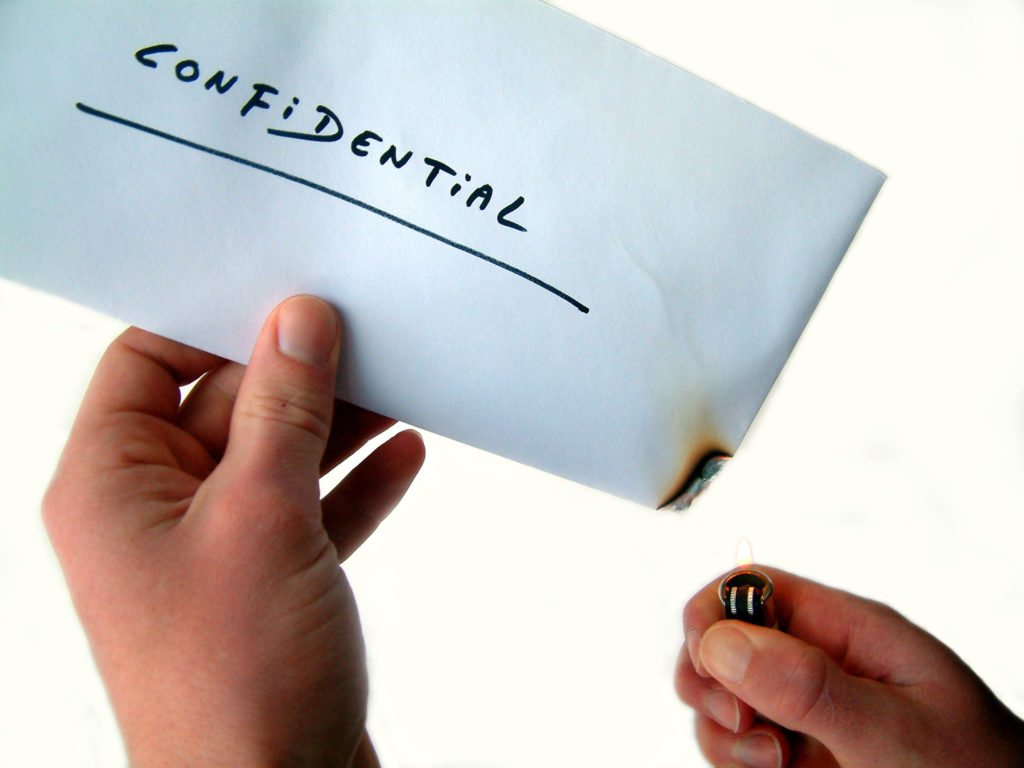Litigators spend much of discovery searching for “hot” documents. In this context, when we say “hot” we mean really awesome, or at least very good, documents. Some documents are smoking gun “hot.” They might be summary judgment “hot.” They could also be your-so-hot-I-cannot-wait-to-play-you-on-cross-examination “hot.” You probably have a separate folder in your trial preparation materials for “hot” documents.
There is another definition of “hot” documents that also may arise in litigation. Hot in this alternative context means illegally obtained “hot.” Stolen “hot.” Misappropriated “hot.”
When a litigator gets a hold of one of those second type of “hot docs,” what is she supposed to do ethically? Can she use a knowingly purloined or otherwise wrongfully acquired document? Must she give it back? Destroy it? Or can she study the document, tell no one, and then use the document–or the information contained in the document–at just the right moment in the case?
Bruce Green has written an excellent article on this subject. Mr. Green’s article, entitled Ethics: Handle With Care, was published on December 13, 2016 in Litigation News by the American Bar Association’s Section of Litigation. As Mr. Green notes, court’s decisions on how to deal with improperly obtained documents “are hard to codify or summarize, both because different judges have reached different conclusions about where the lines are drawn because so many factors go into the equation.”
Take, for example, a recent case from the Western District of Pennsylvania involving the inadvertent production of documents. United States v. Kubini, 304 F.R.D. 208 (W.D. Pa. 2015). In that case, the court stated that, “Where an attorney is in receipt of confidential documents, that attorney “has ethical obligations that may surpass the limitations implicated by the [. . .] privilege and may apply regardless of whether the documents in question retain their privileged status.” The court in Kubini found that defense counsel knew or reasonably should have known that a document was inadvertently sent because they contained privileged internal government work product. The court also held that defense counsel should have sought an opinion from an ethics expert to determine how to proceed consistent with the boundaries of the pertinent ethics Rules.
Mr. Green’s article is a must read for all litigators.
